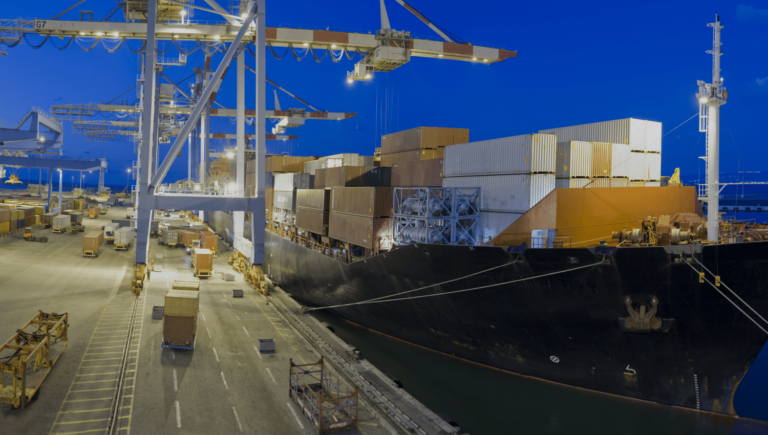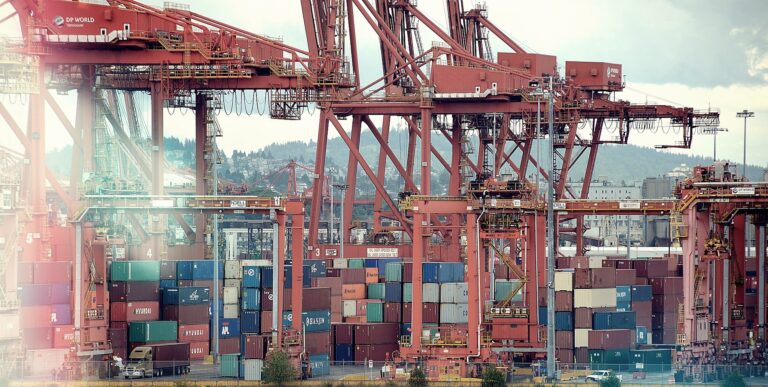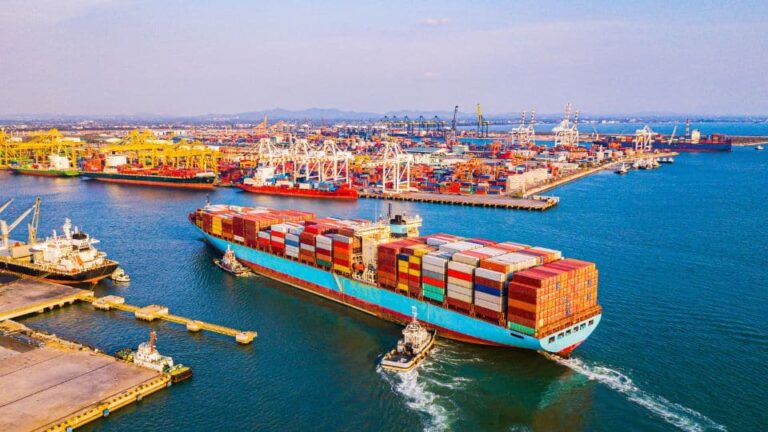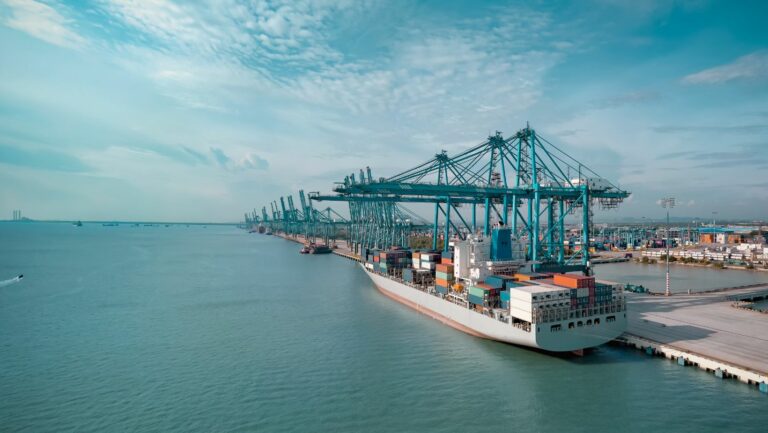Scrutiny on Electric Vehicle Batteries and Car Parts Intensifies to Combat Forced Labor in Chinese Supply Chains
Washington is expanding its efforts to eliminate forced labor from Chinese supply chains, with electric-vehicle batteries and other car parts coming under scrutiny. The U.S. Customs and Border Protection (CBP) has been enforcing a law for the past year that bans the import of goods made in Xinjiang, China. Previously, the focus was primarily on solar panels, tomatoes, and cotton apparel. This increased inspection of car parts raises concerns for automakers who must ensure their supply chains are free from connections to labor camps in Xinjiang, where Chinese authorities are believed to have established forced labor camps for Uyghurs and other Muslim minority groups. This blog explores the implications of this intensified scrutiny and its impact on the automotive industry.
The Uyghur Forced Labor Prevention Act and its Consequences
The Uyghur Forced Labor Prevention Act (UFLPA), which aims to combat forced labor in Xinjiang, has already affected the solar energy industry. Detained panel shipments have led to a 31% drop in installations of large solar energy facilities for utilities. The U.S. Solar Energy Industries Association trade group indicates that the constrained panel supplies have impacted the development of solar energy projects. However, the focus has now extended beyond solar panels to include components such as lithium-ion batteries, tires, aluminum, and steel.
Increased Scrutiny of Automotive Imports
The CBP has updated its enforcement priorities to include these additional product types. The document provided to importers outlines examples of products subject to previous reviews and the required documentation to prove they are not made with forced labor. The expanded focus on automakers is reflected in CBP data, with 31 automotive and aerospace shipments detained since February this year. Additionally, base metal shipments, including aluminum and steel, have seen a significant increase in detentions, escalating from about $1 million per month to over $15 million per month.
Automaker Response and Industry Concerns
The detention of automotive shipments, although smaller in scale compared to solar panel imports, has alerted the automotive industry to the challenges ahead. Attorneys and supply-chain experts emphasize the complex nature of the automotive supply chain and the disruptive impact detentions could have on auto companies. A study by Sheffield Hallam University revealed that nearly every major automaker has exposure to products made with forced labor in Xinjiang. This report prompted a probe by the U.S. Senate Finance Committee to investigate further.
Some automakers, such as Mercedes-Benz USA, Volkswagen, Denso, Continental AG, and ZF Friedrichshafen AG, have stated that their products have not been detained under UFLPA. Companies like Volkswagen have increased due diligence measures to ensure compliance with UFLPA, including global media screening, risk analysis, and buyer training on sustainability and human rights. Other major automakers, including Ford, Bosch, General Motors, Honda, Toyota, Stellantis, and Magna, have emphasized their commitment to ensuring supply chains are free from forced labor but did not address questions about detainments under UFLPA.
The Warning to Automakers
Industry experts urge automakers to map their supply chains for critical minerals and sub-assemblies passing through China to identify potential risks related to forced labor. By doing so, automakers can mitigate the potential disruption caused by detained shipments and protect their reputation. Failure to address these concerns leaves automakers exposed to the possible consequences of importing goods made with forced labor and the associated reputational risks.
The intensified scrutiny on electric-vehicle batteries and car parts is an important step in the efforts to eliminate forced labor from Chinese supply chains. To comply with the Uyghur Forced Labor Prevention Act (UFLPA) and demonstrate their commitment to human rights and sustainability, automakers must ensure their supply chains are free from links to labor camps in Xinjiang. It is crucial for the industry to proactively map their supply chains and implement robust due diligence measures to identify and mitigate potential risks. By doing so, automakers can navigate the challenging landscape and contribute to a more ethical and sustainable future for the automotive industry.
Source: https://www.reuters.com/business/us-imports-auto-parts-face-scrutiny-under-law-chinese-forced-labor-2023-08-17/








